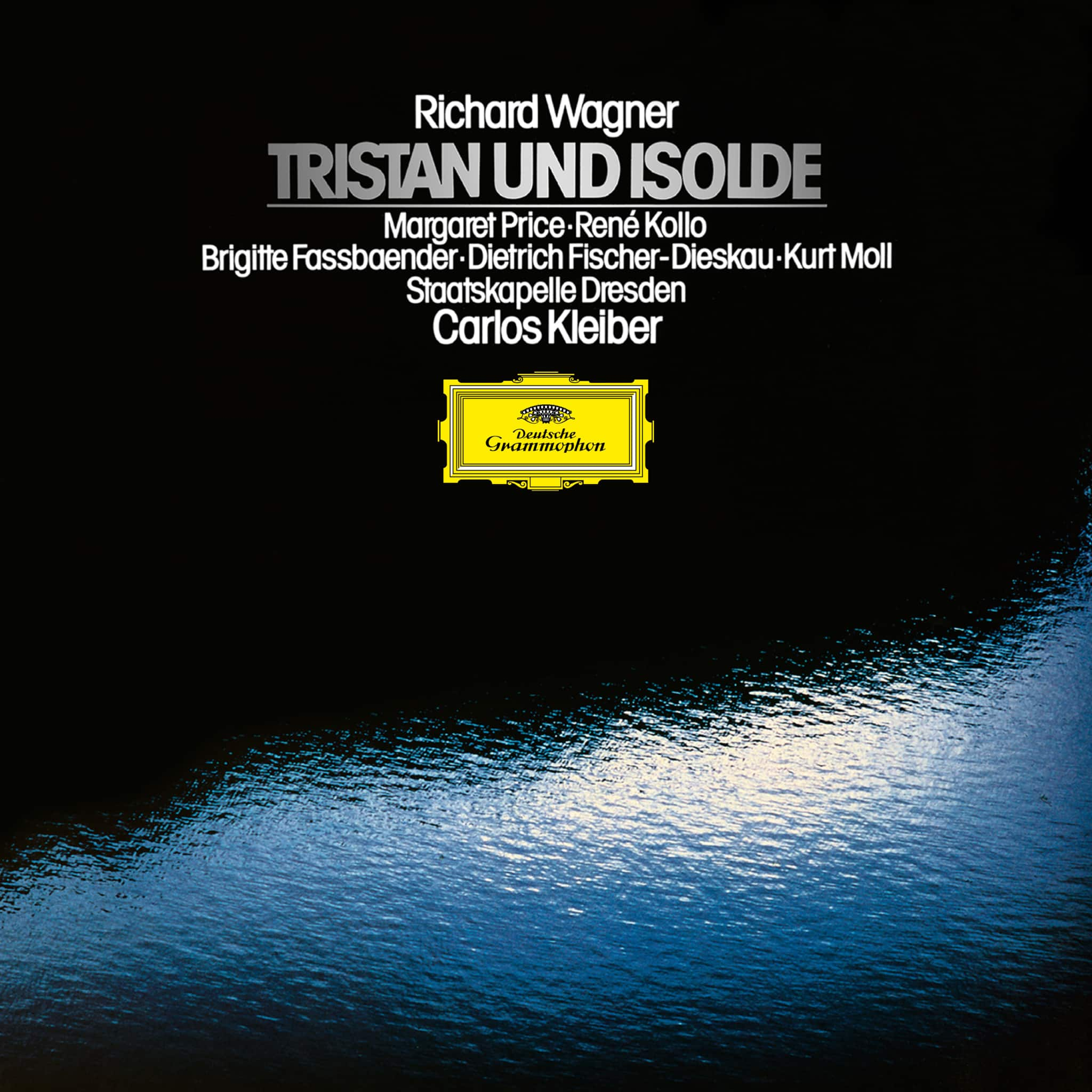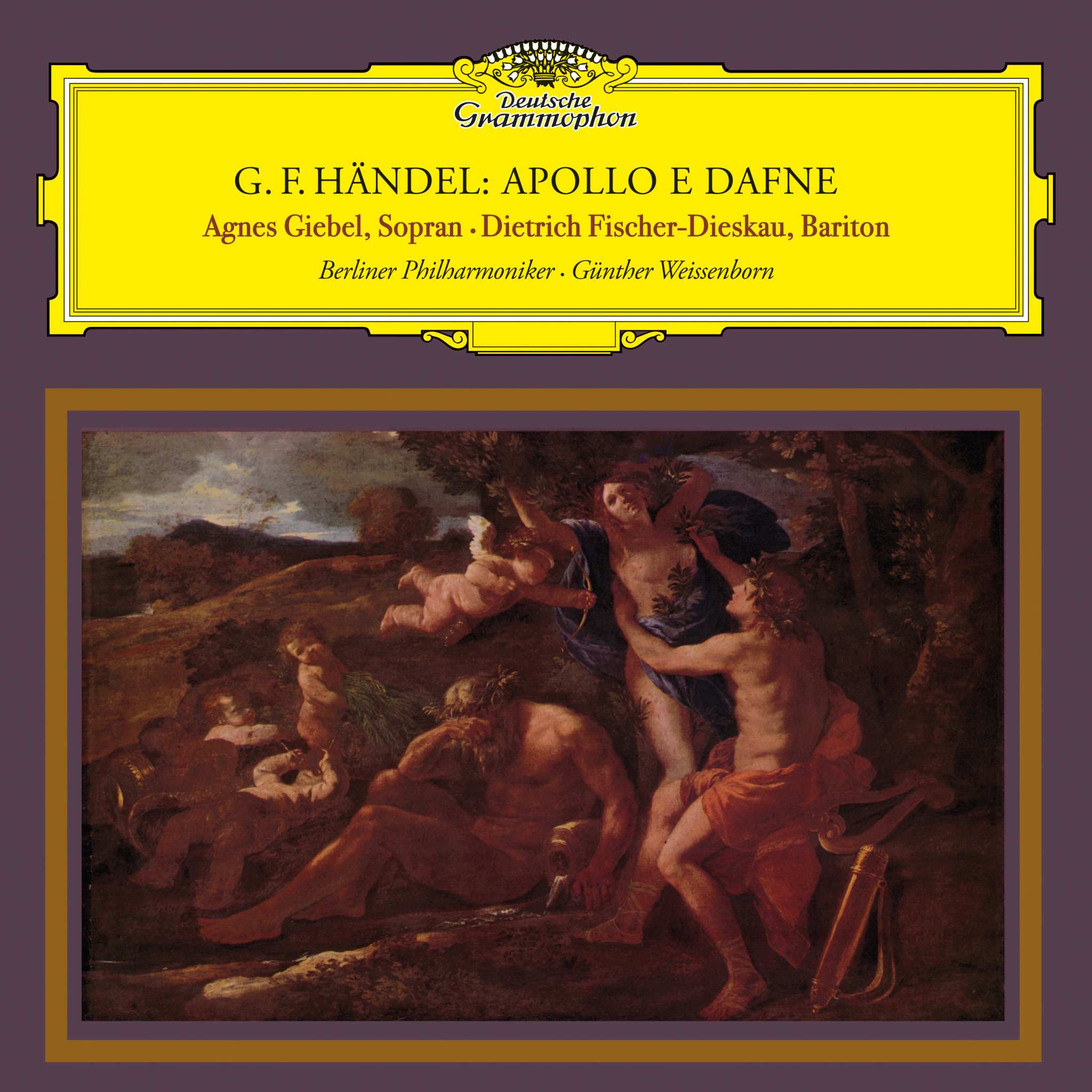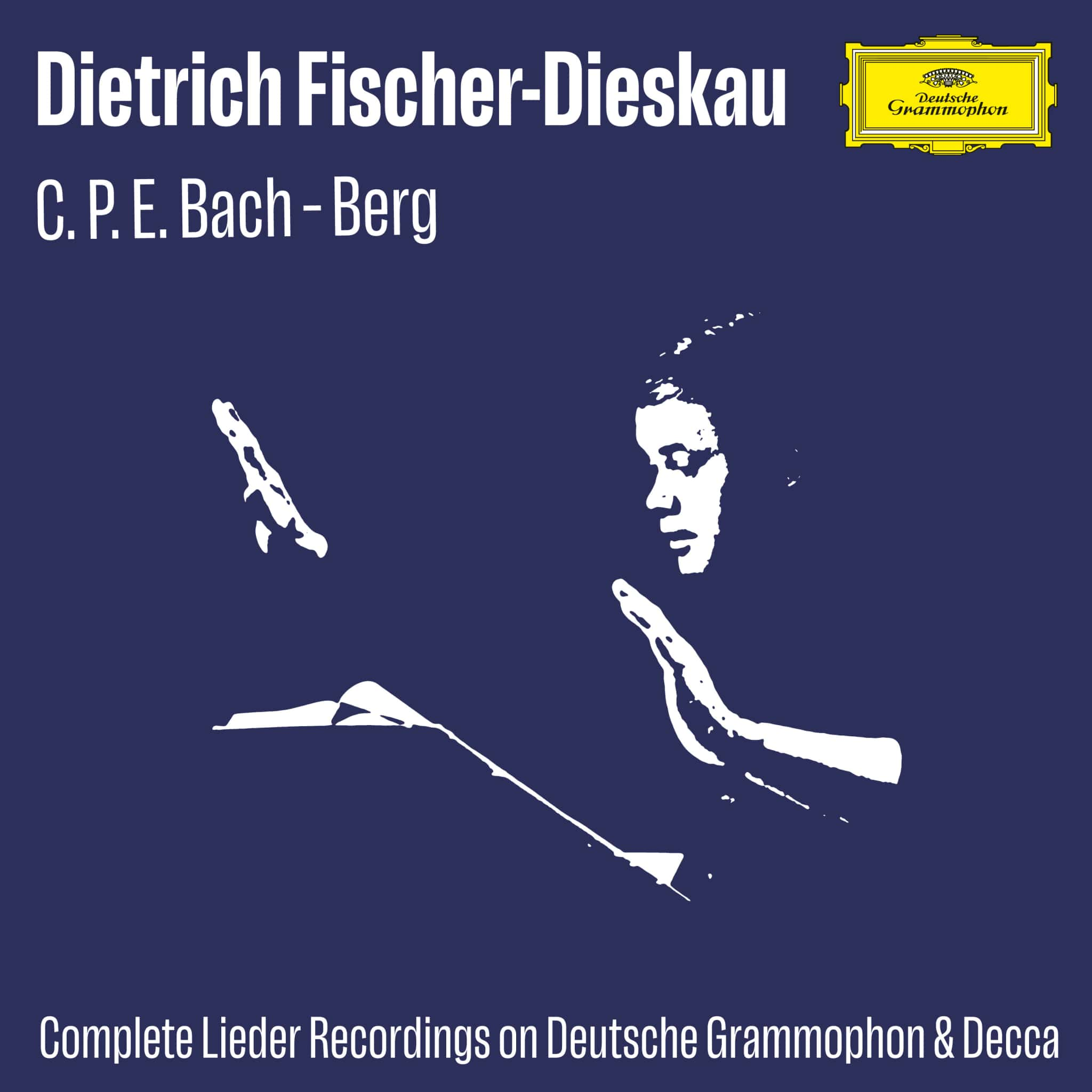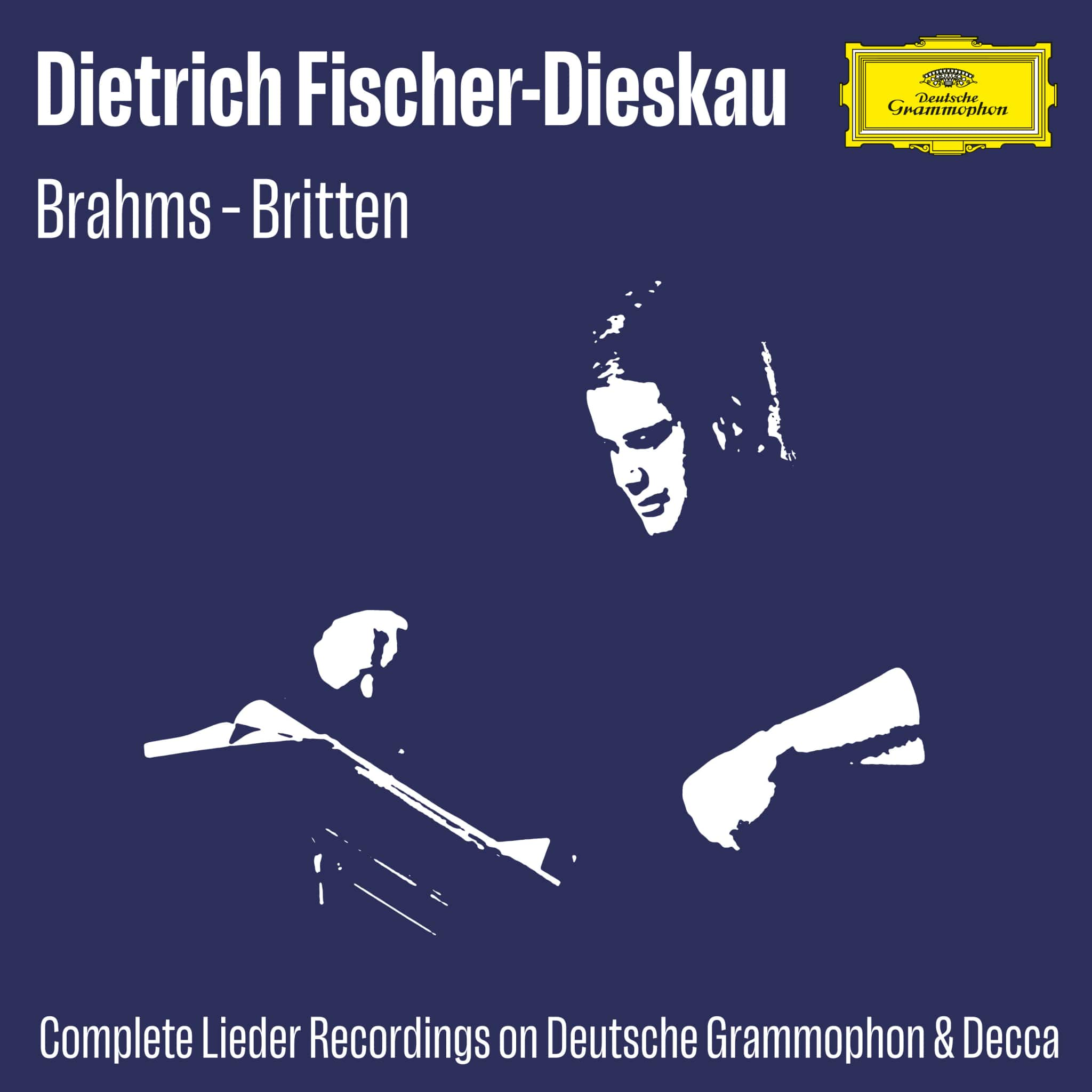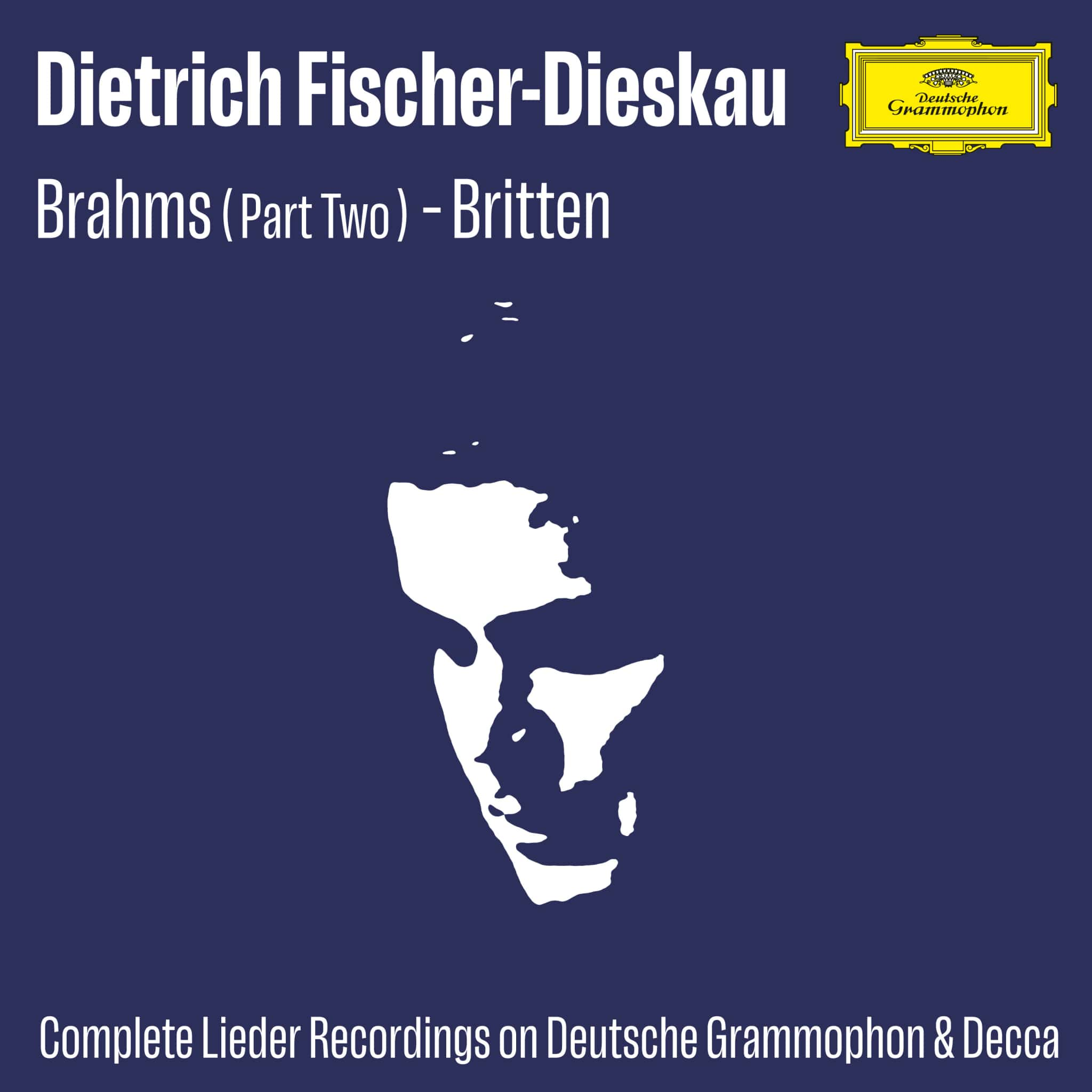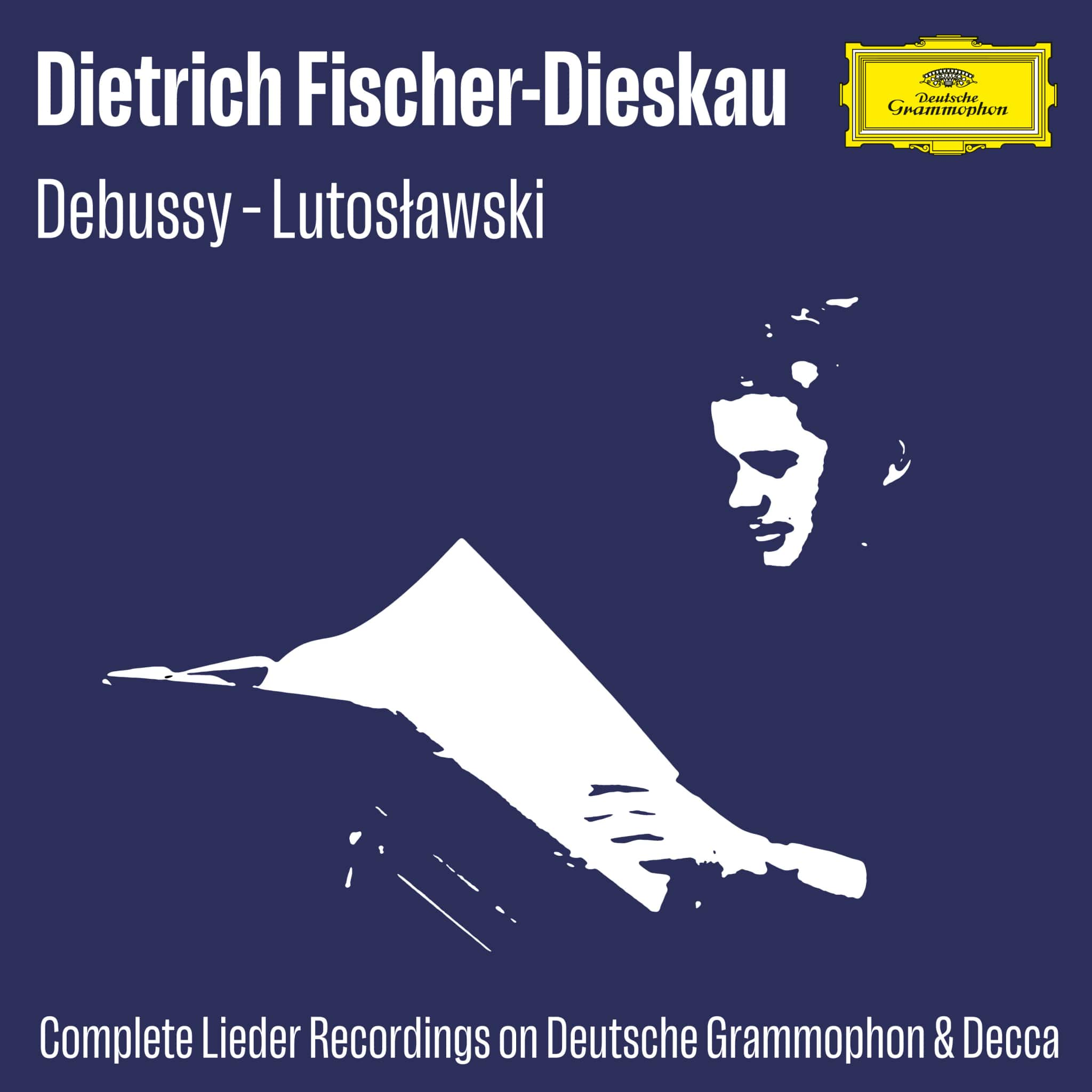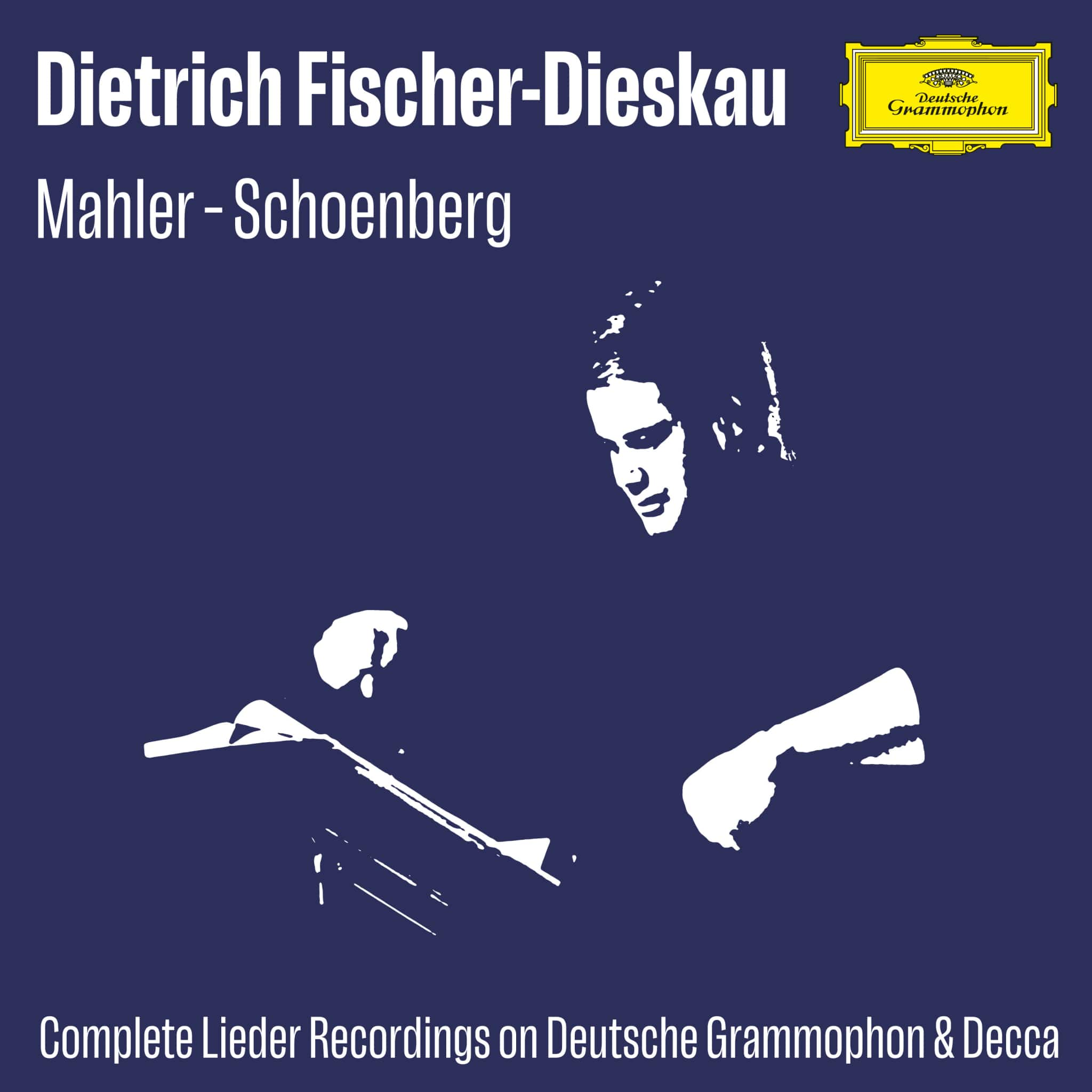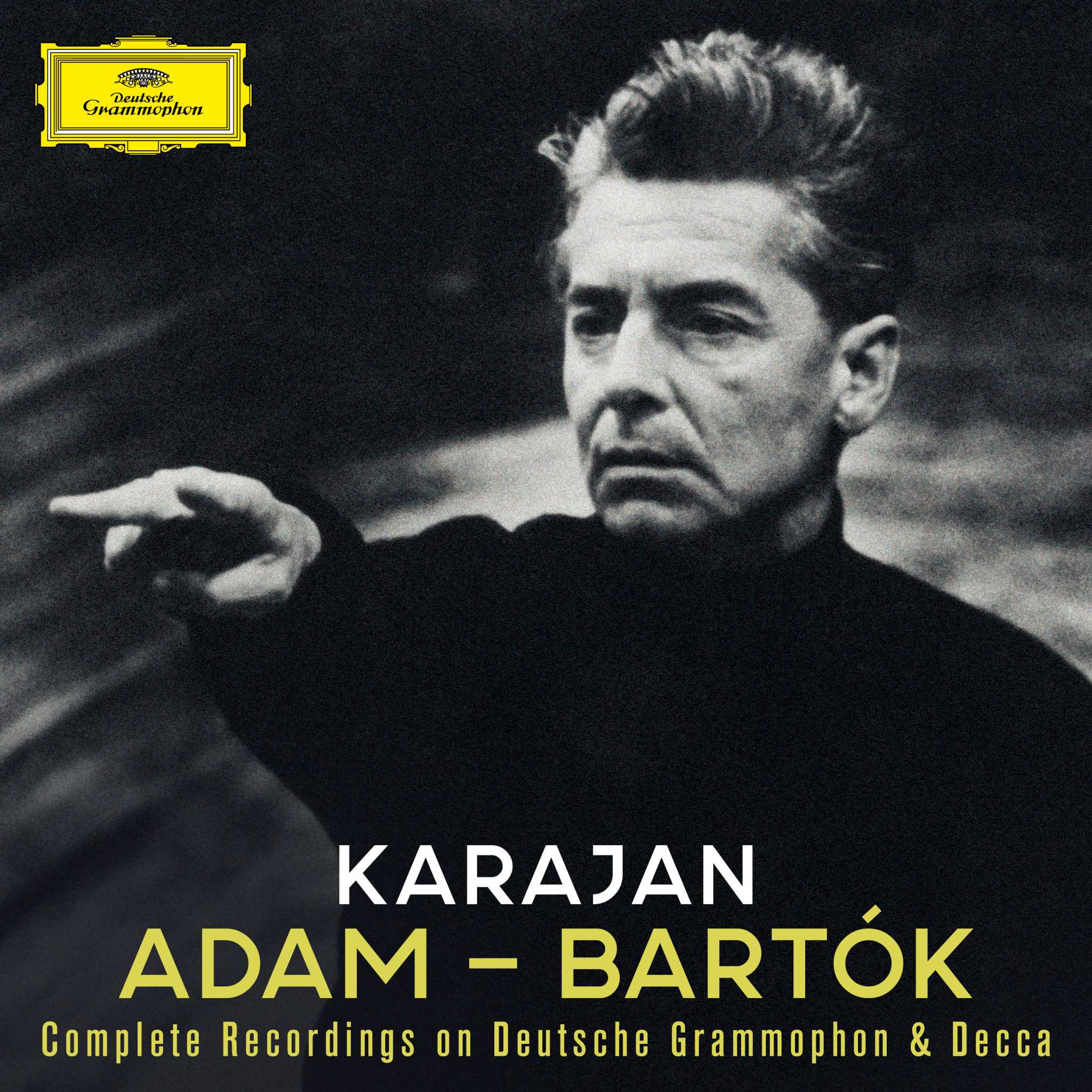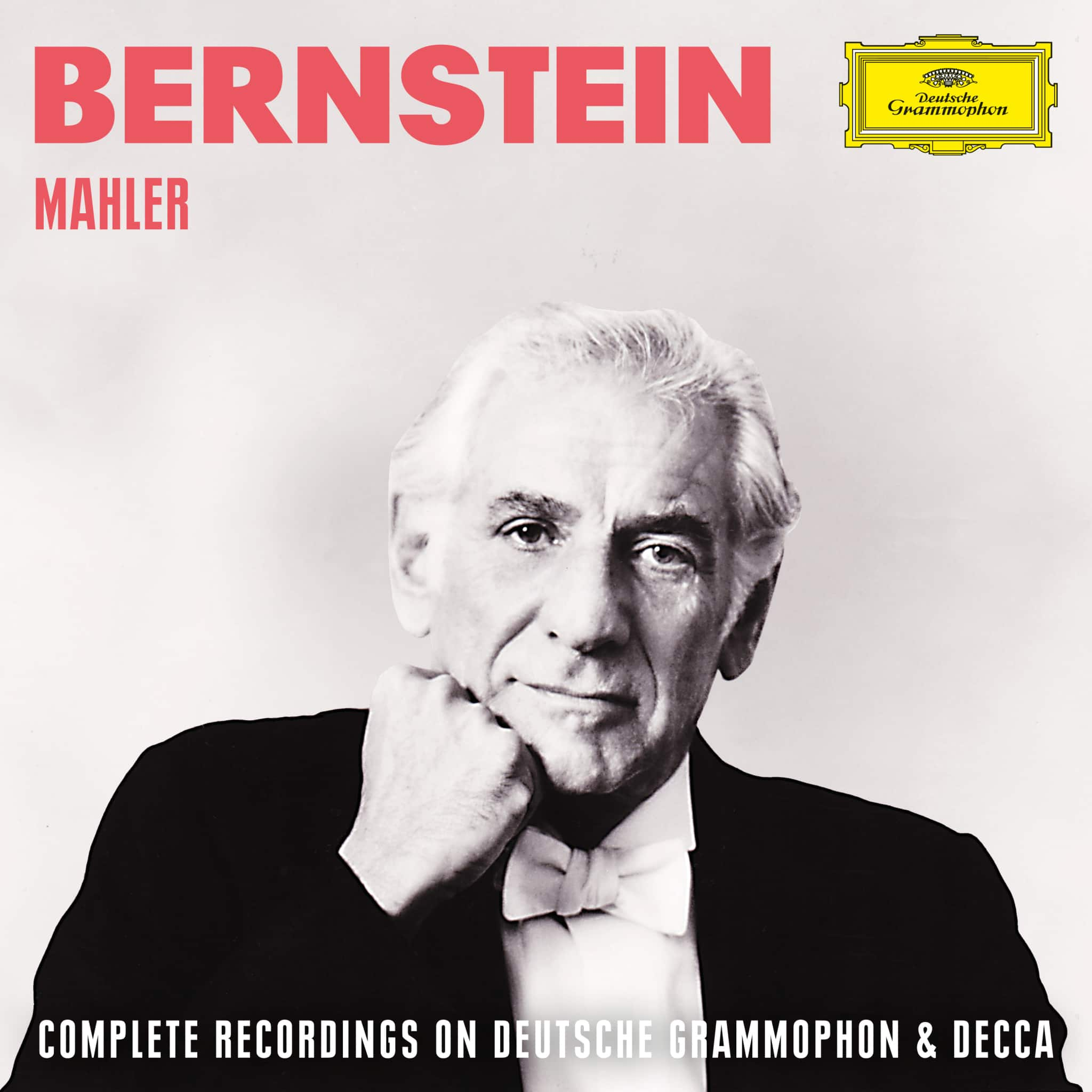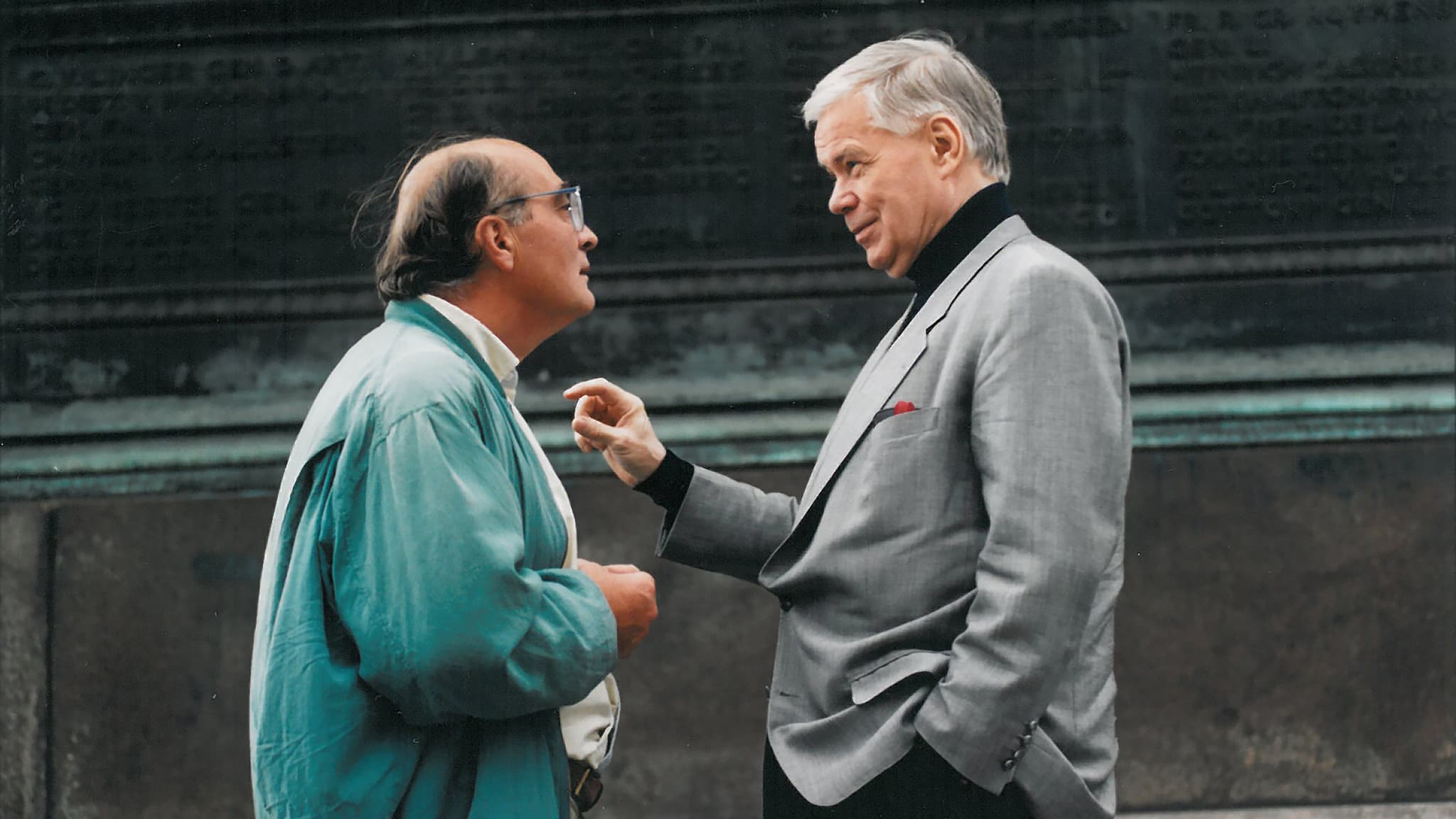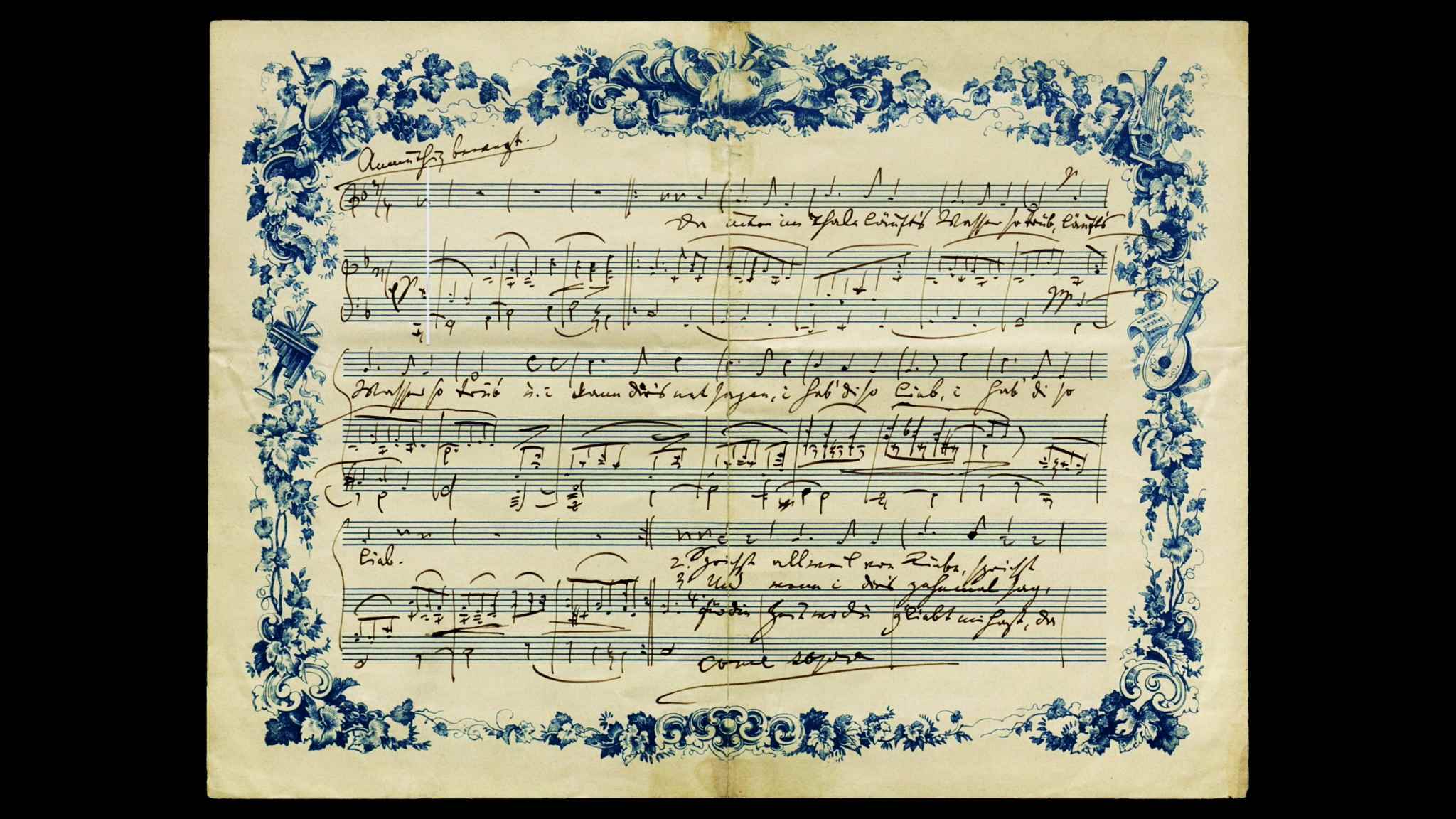Concerts and Operas
Albums
Appears On
Documentaries
Short Videos
AboutDietrich Fischer-Dieskau

The baritone Dietrich Fischer-Dieskau was born on May 28, 1925, in Berlin, the youngest of three sons to a doctor of classical philology and a teacher. The family had a musical tradition; an ancestor, for instance, was a Saxon chamberlain von Dieskau, for whom Bach had written his "Peasant Cantata" in 1742. Fischer-Dieskau spent his childhood in the crisis-ridden Berlin of the Weimar Republic, and his youth coincided with the tyrannical rule of the National Socialists. Nevertheless, the boy honed his ear for art and, from the age of 16, began vocal training, initially with Georg A. Walter. In 1942, he switched to Hermann Weißenborn at the Berlin Music Academy but could not avoid being drafted and sent to the front. He therefore gave his first concerts in an American prisoner-of-war camp in Italy. In 1947, he resumed his studies with Weißenborn, and from then on, his artistic path became less circuitous.
Fischer-Dieskau initially sang for Berliner Rundfunk, where he first recorded Schubert's "Winterreise." In 1948, he was engaged as the principal baritone at the Berlin Opera and subsequently debuted as Posa in Verdi's "Don Carlos" on stage. The following year, he sang his first Wolfram in "Tannhäuser," also at the Städtische Oper Berlin. Word quickly spread that a new and astonishing talent had emerged, leading to further significant opportunities for Fischer-Dieskau. For example, in 1951, he performed Mahler's "Lieder eines fahrenden Gesellen" at the Salzburg Festival alongside Wilhelm Furtwängler, traveled to the USA for the first time shortly thereafter, and once again presented "Winterreise" to the audience at the Prades Festival. Soon after, he received a kind of high cultural accolade when, in 1954, he was allowed to portray Wolfram in "Tannhäuser" in Bayreuth under Furtwängler's direction. In the same year, he sang the title role in the famous "Falstaff" production at the Vienna State Opera, directed by Luchino Visconti, and in 1957, he became a permanent member of the house's ensemble.
Progress was steady and swift. In 1956, Fischer-Dieskau introduced himself at the Salzburg Festival as Almaviva in Mozart's "The Marriage of Figaro." A year later, he excelled there with the solo part of Brahms's Requiem under Herbert von Karajan. In 1963, he portrayed Danton in Gottfried von Einem's opera and sang a famously acclaimed Barak in Richard Strauss's "Die Frau ohne Schatten" at the reopening event of the Bavarian State Opera. In 1964, he gave his first recital at Carnegie Hall in New York. In the following years, Fischer-Dieskau became one of the stars of the world's major concert halls, performing primarily at the Deutsche Oper Berlin, the Vienna State Opera, the Bavarian State Opera, London's Covent Garden Opera, and at major festivals. On December 31, 1992, after 45 active years, he finally retired from the stage but remained active as a conductor, reciter, author, and educator.
Throughout his career, Dietrich Fischer-Dieskau was a versatile musician. Opera formed one pillar of his art. Simultaneously with his career on the operatic stage, he demonstrated his ability as a lieder interpreter and developed into one of the most important figures in this field. By the mid-1980s, he had recorded around 3,000 lieder by approximately 100 composers and significantly contributed to the art song retaining its important place in the listeners' consciousness. In 1973, he began another career as a conductor when he successfully stepped in for the ailing Otto Klemperer during a recording of Brahms's "Die schöne Magelone."
In 1960, he also began to paint, and in 1980, the first exhibition of Fischer-Dieskau's paintings, watercolors, and drawings was shown at the Kunstverein Bamberg. Among the numerous awards bestowed upon Dietrich Fischer-Dieskau during his artistic career are four honorary doctorates (Oxford, Yale, Sorbonne, Heidelberg), the Grand Cross of Merit (1974), the Ernst von Siemens Music Prize (1980), honorary citizenship of Berlin (2000), the Japanese "Praemium Imperiale" (2002) for his life's work, and the Polar Music Prize (2005). He was appointed Kammersänger in Munich and Berlin and also received numerous record awards, including six Grammys alone.
6/2005



